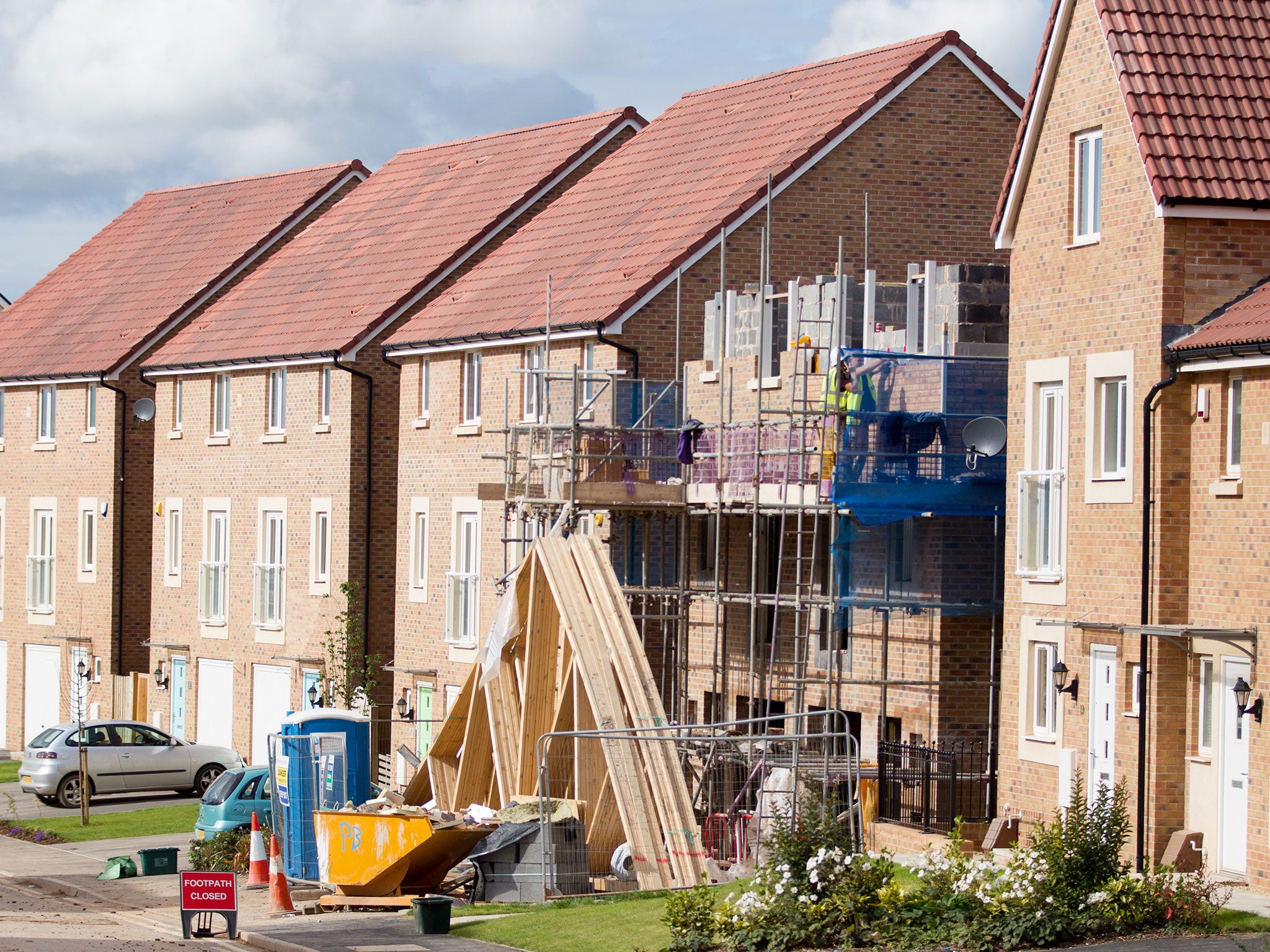UK construction shrinks at fastest pace since 2009 after Brexit vote
Figures for July show PMI for construction industry fell to 45.9 in July from 46.0 in June

UK construction shrank at its fastest pace since 2009 after the UK voted to Leave the EU in June.
The figures offer little comfort to prospective homeowners after a damning report from the Resolution Foundation revealed that home ownership has fallen to its lowest level for 30 years. The research shows supply has failed to keep pace with demand in the UK, shutting buyers out of the market.
The Markit/Cips data for July showed that the purchasing managers' index, or PMI, for the construction industry fell to 45.9 in July from 46.0 in June.
The index measures new orders, deliveries and employment, among other things, and is considered a key indicator in the confidence of the construction sector.
Survey respondents noted that uncertainty following the EU referendum had dampened client confidence, led to greater risk aversion, and encouraged a wait-and-see approach to decision making.
There were some reports that demand had been more resilient to Brexit than expected. But just 15 per cent of firms reported higher activity in July against 23 per cent that reported a decline.
The figures deal a further blow to a sector that was already in recession in the second quarter and has been greatly underperforming the rest of the economy, Markit said.
UK construction shrunk at its fastest pace since 2009 in July
The sharpest decline came in commerical activity, which fell for a second month running and at the fastest pace since December 2009 as investment in offices, industrial units and retail space slumped.
Housebuilding also fell sharply, down for a second straight month but at a slightly slower pace than in June.
The average drop in housebuilding over the past two months has been the most severe for seven years.
Employment in the construction sector fell for the first time since May 2013, with voluntary leaves not being replaced and a sharp decline in sub-contractor availability.
Tim Moore, senior economist at Markit, said: “July’s survey is the first construction PMI compiled entirely after the EU referendum result and the figures confirm a clear loss of momentum since the second quarter of 2016, led by a steep and accelerated decline in commercial building."
David Noble, group chief executive at the Chartered Institute of Procurement and Supply, described the construction sector's downhill course as "a seriously disappointing development".
"The picture is still unclear around whether this direction is fixed for the coming months or is a short-term reaction and the aftershock of the UK’s referendum decision," he said.
Business news: In pictures
Show all 13Home ownership has fallen 7 per cent in England from a peak of 70.8 per cent in April 2003 to 63.8 per cent in February 2016.
Across the UK, home ownership has dropped 6.8 per cent from peak of 70.9 per cent in 2004.
The data shows that the housing crisis has spread beyond London, with regions in the North and the Midlands becoming increasingly unaffordable.
Owen Smith says next Labour government would ‘invest billions’ in house building under his leadership
Owen Smith, who is challenging Jeremy Corbyn for the leadership of the Labour Party, has promised to be seven times more ambitious than Ed Miliband was in tackling the UK’s housing crisis.
Responding to the latest figures on the drop in home ownership, Mr Smith pledged that if he were Prime Minister, his Government would build 300,000 new homes a year. Mr Smith did not say how much that would cost, but conceded would be in billions.
In Labour’s 2015 manifesto, Mr Miliband pledged to build 200,000 homes by 2020, which would have averaged out at 40,000 homes a year, and to set up a £5 billion Future Homes Fund.
Mr Smith said: “This is yet more evidence of the Tories' spiralling housing crisis. They have presided over the lowest level of house building for nearly a century, leaving many young people to be exploited by sky high private rents.
“Building more homes is one of the biggest challenges of our time, and we need radical solutions and a credible plan to deliver them.
“Under my leadership, the next Labour government would invest billions in building 300,000 homes a year - unleashing the biggest house building programme in a generation. We will free up councils to borrow to build, and invest in homes to rent for those on the lowest incomes and deliver genuinely affordable homes for people to buy.”
Subscribe to Independent Premium to bookmark this article
Want to bookmark your favourite articles and stories to read or reference later? Start your Independent Premium subscription today.

Join our commenting forum
Join thought-provoking conversations, follow other Independent readers and see their replies